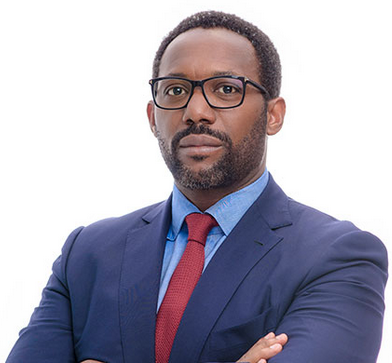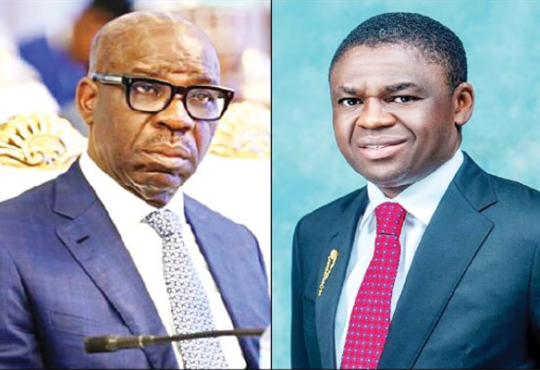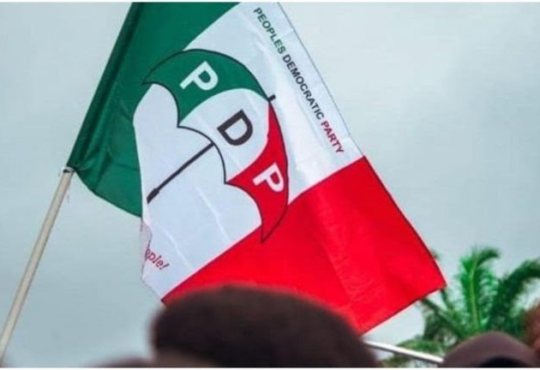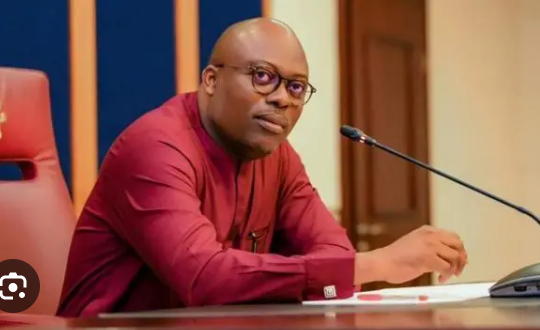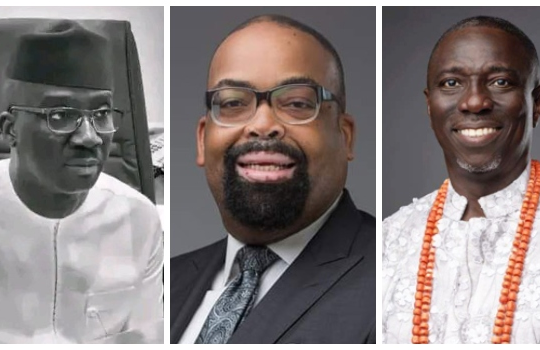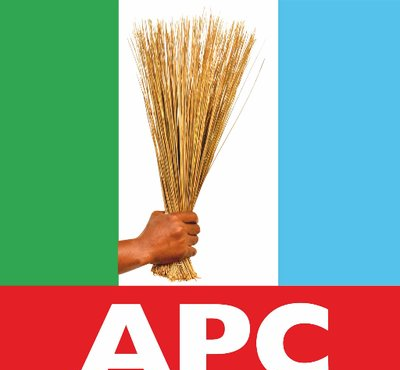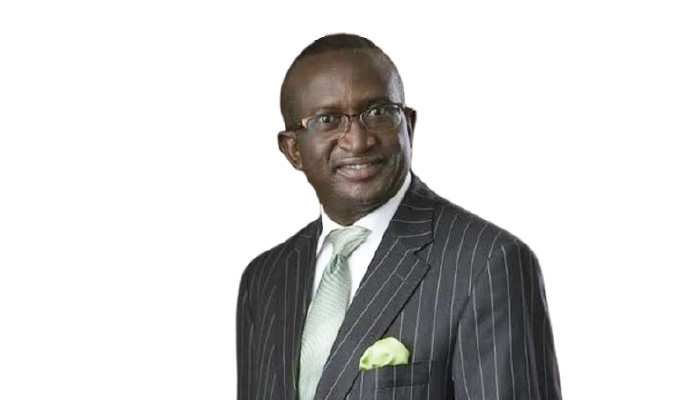
A former Senate Leader and ex-chairman, Board of the Niger Delta Development Commission, Senator Victor Ndoma-Egba, shares his thoughts with OLAJIDE OMOJOLOMOJU about the problems affecting the commission, among other issues
What is your take on the current security situation in the country where people are killed in their hundreds?
The situation is frightening and dire. Places that had hitherto escaped insecurity are now theatres of insecurity. It is a dreadful situation that calls for extreme action.
What speedy measures can be taken to prevent the destruction of lives and property in Plateau State and some other parts of the country?
Plateau State is symbolic of a national malaise. The underlying factors in the once peaceful Plateau State are the same everywhere else in Nigeria; criminality, banditry, land grabbing, farmers/herders clashes, hunger, and bad economy. If the problem is addressed nationwide, Plateau is addressed; but the reverse is not the case.
There has been concern over the need to ensure a reduction in the cost of governance. How will you describe the current pronouncement by the Federal Government on the reduction of the entourage that will join the President on his trips outside and within the country?
Official entourages are only an aspect of the cost of governance. This reduction, though a token, is a good sign. There are many components and aspects to the cost of governance. For example, some trips are needless, as our embassies out there can represent the country. Fleets for government officials are excessive.
You were once the chairman of the NDDC board. What were the challenges you faced at that time?
There were many challenges that I faced as chairman of the Board of NDDC. I believe that the current chairman faces the same challenges as I did. The first was that the NDDC had no master plan. The plan that was launched by President Olusegun Obasanjo in 2003 or thereabout, with a lot of fanfare had been abandoned as soon as it was launched. You cannot develop a region without a plan. Projects by NDDC have become haphazard because there is no plan. The mandate of the NDDC in summary is to create an integrated developed economy for the Niger Delta region. You cannot do so without an elaborate stakeholder-generated plan.
Secondly, there were governance issues that manifested in different ways; too many projects, most of which are abandoned and many of them in competition with states and local governments; a top-heavy bloated workforce, cumbersome processes and procedures, etc. I recall telling my Managing Director at that time, Nsima Ekere, that there were over 40 stops for payments. His answer was ‘Chairman, who told you? We have about 61 stops.’ Inefficiency was the consequence, and corruption and inefficiency go together.
Another major problem was political interference from both the executive and the legislature. No board, to my knowledge, has ever served out its term because of political interference and most projects are political rather than economic or developmental. The level of NDDC debts is an indication of governance failure. We had a retreat before our inauguration as a board and the seminal, Dr Joe Abah, then the Director-General of the Bureau of Public Sector Reforms, started his delivery with this statement: ‘Everything that can go wrong with an organisation has gone wrong with NDDC’.
Over the years, there have been several abandoned projects under the NDDC. What do you think is behind the abandonment of projects in the region?
I have already given the reasons; no master plan, political interference, and governance issues.
Do you think the commission has what it takes to complete the 953 abandoned projects in Rivers State and other states across the Niger Delta region?
I don’t think so.
You’ve always lamented the “lack of growth” since the creation of the NDDC in 2000. Do you think there has been an improvement in terms of development so far?
Not much has changed. The starting point is for a new stakeholder to generate a master plan that will address the development of an integrated economy for the region. The procedures and processes of the NDDC must be re-engineered for efficiency, transparency, and accountability and they must be insulated from political interference. Technology will be inevitable in this regard.
Many have attributed the poor presence of infrastructure in the Niger Delta to inadequate funding of NDDC and corruption on the part of the board. How will you react to this claim?
Funding, inefficiency, and corruption are part of the problem affecting the NDDC. However, we have to improve governance to ensure greater efficiency, transparency, and accountability, before more funding can have meaning; otherwise, we will just be pouring more money into the drain pipe. Until we can account for every kobo and make every kobo count, development in the region will be elusive.
Let’s move away from the NDDC; the National Assembly has often been described as a rubber stamp for the executive. Considering the manner through which the leadership of the 10th National Assembly emerged, do you think the federal lawmakers can prove those making the claim wrong?
The role of the National Assembly is constitutional and historical. There are clear constitutional provisions regarding its roles, law-making, and oversight. There is also the inherent power of advocacy.
With the challenges the country is facing, especially in the area of economy, how can the National Assembly intervene and save the situation?
The role of the National Assembly is constitutional and historical as I said before. The National Assembly will make laws to support executive proposals aimed at strengthening the economy and security, provide oversight to ensure efficiency and minimise corruption, and use its advocacy role to promote values that will ensure a better society.
The Minister of Humanitarian Affairs and Poverty Alleviation, Betta Edu, is currently being investigated for her involvement in the transfer of public funds to a private account. What is your advice to the government on the matter, especially as it concerns others who were mentioned as beneficiaries of the alleged graft?
Excuse me from commenting on this as investigations are ongoing.
Despite public outcry against the purchase of N160m SUVs for National Assembly members, they still collected the vehicles without considering the economic challenges in the country. Do you think the lawmakers were right to have ignored the complaints by Nigerians?
I wish all public officers and institutions were judged by the same standards. I worry that the legislature is held to different standards from the executive and the judiciary. How many SUVs are purchased by the other arms of government? I am not justifying the purchase of SUVs by the National Assembly, but if we must interrogate the issue, we must do so for the government at large and not isolate an arm for interrogation, as if it is a scapegoat. What percentage of the national budget is the budget of the National Assembly? Less than three percent in my calculation, but it gets 97 percent of the attention, while the arms that have 97 percent of the budget get three percent of the attention.
How would you rate President Bola Tinubu’s administration, which has been in existence for eight months and some days?
President Bola Tinubu has been very daring. He has taken decisions that the previous administration dared not take; for example, the removal of fuel subsidy, the merger of the exchange rates, dealing systematically with corruption, non-interference with the judiciary, etc. The signs are promising. Nigerians however expect much more from him as their leader, who had made promises to them. I do not doubt that he has the capacity and endurance to do more and even restructure the country.
What areas do you think the President should look at to change the negative narrative about the country?
It is not only the President that can change Nigeria’s narrative. It is a decision all Nigerians must collectively take and commit to. Every one of us must be part of the change. The President can lead the charge and the process of creating a new Nigeria, a country based on the rule of law and values, where nobody, no matter how highly placed, is above the law, where equity and justice reign.
The Federal Government plans to acquire 500,000 hectares of farmland for food production to tackle hunger. How can the government go about this without the complaints of corruption that usually trail such a noble programme?
The Federal Government should provide the necessary incentives for persons (both natural and corporate) to encourage farming. Farming should be made an attractive and profitable business so that a new generation of farmers can emerge. Government should not be directly involved in farming, but should rather create the enabling environment for farming to be an attractive option.
There have been allegations from some of the opposition parties that the All Progressives Congress was working towards making Nigeria a one-party state. What is your view on this?
It is not the duty of the party in power to breastfeed the opposition. It is natural for a party in power to want to entrench itself. The opposition must deploy every legitimate means to prevent the party in power from doing so. How the opposition does this should not be the business of the party in power.
Former Vice President, Atiku Abubakar, has expressed the need for opposition parties to merge to be able to dislodge the APC in 2027. What is your view on this?
It is their legitimate right to associate with whomever they want to, to enhance their chances of wrenching power. It is a legitimate aspiration and they have their freedom of association guaranteed by our constitution.
Some have said that the political crisis in Rivers State where the governor is at loggerheads with his predecessor is an indication that godfatherism in politics should be forgotten. Do you share the same view?
I don’t want to comment on what is happening in Rivers State, as many aspects of the situation are currently in court and my comments may be prejudicial.
The level of underdevelopment in most local government areas is worrisome and the Association of Local Governments of Nigeria has blamed it on the state governors, who they say have been depriving local governments of the right to use council funds to develop local government areas. How can the issue be properly addressed?
The local government system in Nigeria must be revived to enable local governments to play their envisaged roles under the constitution. I believe that if our local governments were working as they ought, our security situation would not have been as bad as it is now. In the good old days, the local governments were the primary agents of development, both physical and human. They built hospitals, schools, roads, waterworks, etc, and created a middle class of people who did business with local governments. Everyone does not have to migrate to state capitals or the federal capital as is the case today to seek opportunities.


